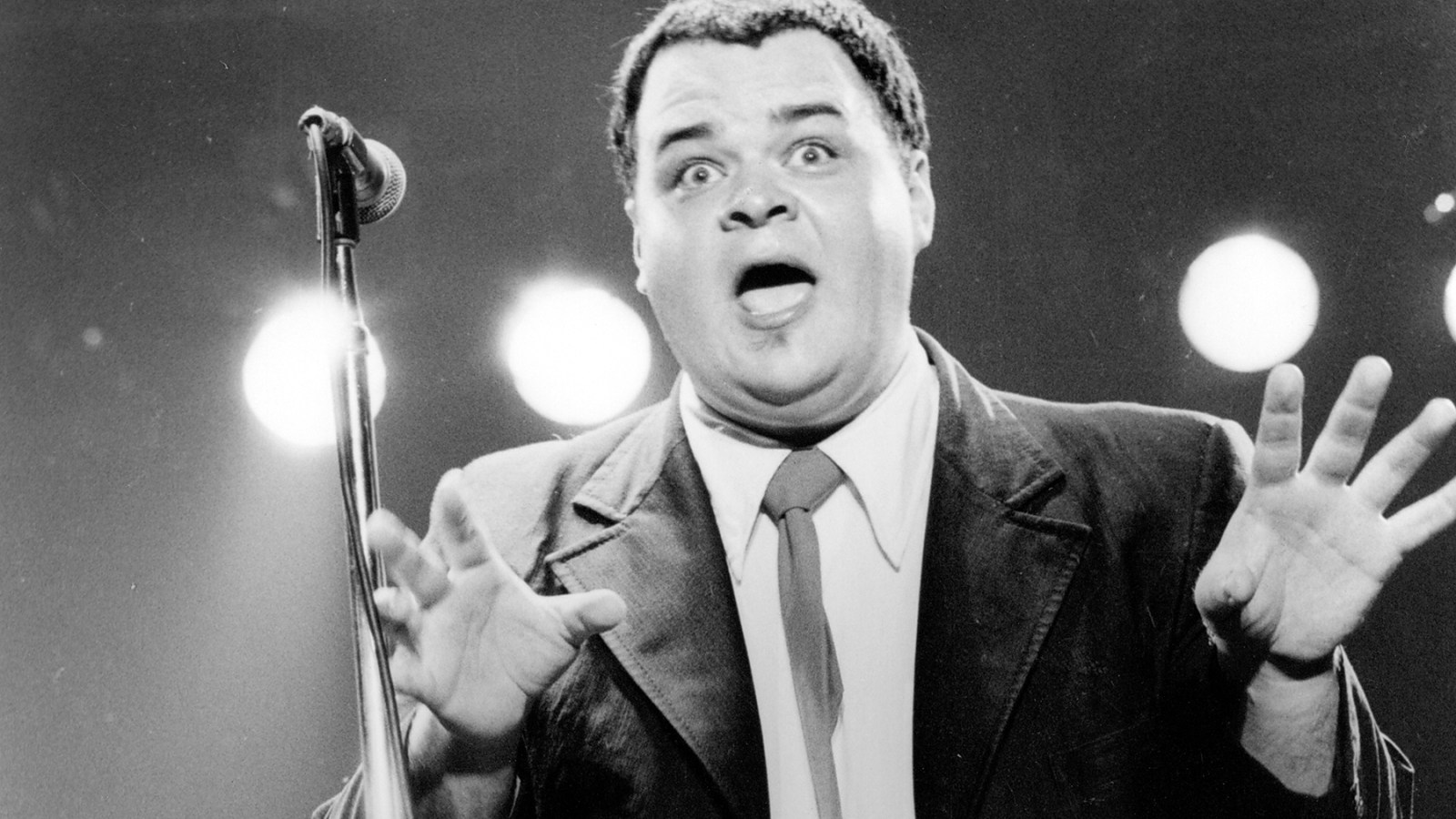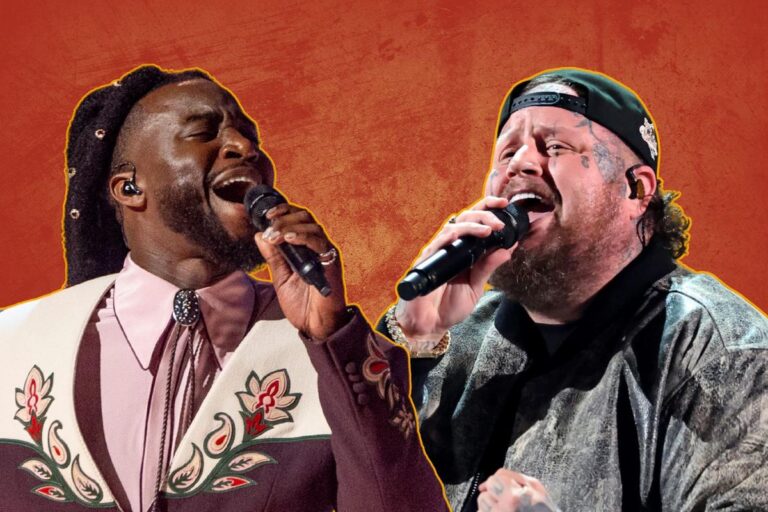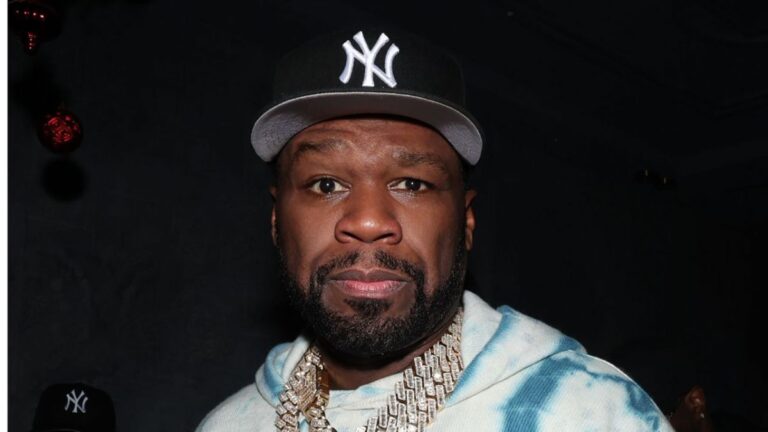Here’s a long goodbye to David Thomas of Pere Ubu, one of the most defiantly eccentric and uncompromising voices in American rock. He made history with Pere Ubu, a garage band of Cleveland art-noise crackpots sending out a roar from the mid-Seventies’ Midwest industrial wasteland. In his early days, he was an imposing and ornery character, reveling in his onstage persona as the fearsome Crocus Behemoth. With Ubu and his earlier band Rocket from the Tombs, he howled and shrieked in a voice full of pulp nightmares, doing for Cleveland what George Romero did for Pittsburgh. The band’s motto to the end, as Thomas declared on his website: “We don’t promote chaos, we preserve it.”
Thomas had a long and prolific career, right up to his final years, despite his health woes and a famously cranky personality that could curdle soup across the room. But you can make an argument that he achieved a lifetime’s worth of greatness in the first three years of Pere Ubu — hell, he could have called it quits after their first two indie singles and he’d still be a legend, with classics like “Heart of Darkness” and “Final Solution.” Ubu’s early run remains a landmark of American avant-garage proto-punk, especially the trilogy of The Modern Dance, Dub Housing, and Terminal Tower. His voice is the ghost in the machine, a strangely humane presence amid all the urban-industrial pastoral.
“We’re into reality music,” Thomas told the Cleveland Plain Dealer in December 1975, shortly before Ubu’s live debut on New Years Eve. “People want to live in fantasy worlds. They think they’re stars. They take dancing lessons Monday, foreign language on Tuesday, and macramé on Wednesday and think they’re artists. Reality is a scary thing.” But so was Ubu’s music. “The emotion in ‘Heart of Darkness’ is desperation. We want to make the listener feel as if he is the narrator.”
Mission accomplished. Ubu released “Heart of Darkness” in late 1975, on their own Hearthan label, a debut single that went on to warp minds around the world. “Heart of Darkness” is a full-on psycho-destructo breakdown—a hypnotic bassline from Tim Wright, primitive EML synthesizer swoops from Allen Ravenstine, the drum pulse of Scott Krauss, the proto-punk guitar of Peter Laughner and Tom Herman. Thomas pleads for his sanity in his paranoid whispers, his voice twisting and flopping like a fish on a line. By the end, he’s chanting “I’m looking into the heart of darkness” until he’s screaming for his life. It’s one of the most terrifying songs you’ll ever hear, proving this weird little band had a unique vision. Mission of Burma did a great 9-minute version on their live album The Horrible Truth About Burma, the only Ubu cover to capture the dread (and humor) of the original.
He named the band after Alfred Jarry’s surrealist play Ubu Roi. As he said early on, he chose the name as “an added texture of absolute grotesqueness—a shadow behind everything that’s going on, a darkness over everything.” Nobody in Cleveland was paying attention, but for him, that just meant freedom. “[We] were working in isolation,” Thomas said in Clinton Heylin’s essential From the Velvets to the Voidoids. “So we had no hope of ever being successful, which is a heartening and creatively positive thing.”
Thomas was already a local rock journalist when he started Rocket from the Tombs in 1974, billing them as The World’s Only Dumb-Metal Mind-Death Rock & Roll Band. He met guitarist Peter Laughner, another rock critic — Laughner was into Dylan and the Velvets, Thomas was more into Beefheart and Hawkwind and the MC5, but both were obsessed with the Stooges. They first played together at the Special Extermination Music Night in December 1974, at the Viking Saloon, where Thomas worked as a bouncer. The Rockets played along with two other legendary Cle proto-punk innovators, the Electric Eels and Mirrors. All three bands were part of a local underground that worshipped the Velvets (who always played their spiritual homes Cleveland and Boston far more than they did NYC). The Eels prided themselves on “Art Terrorism,” and that’s what all three of these bands achieved.
Thomas called himself “Crocus Behemoth,” a professor’s kid from Cleveland Heights, inspired by sci-fi and monster movies on late-night TV. The Rockets played future Ubu tunes like “Life Stinks” and “30 Seconds Over Tokyo,” along with Stones and Stooges covers. Unfortunately, his strict Jehovah’s Witness parents threw him out of the house after unwisely attending a gig where he crawled on the floor and howled Iggy’s “I Wanna Be Your Dog” while throwing dog biscuits at the crowd, until he threw the whole box and hit his dad on the head.
For a while, he got demoted to alto sax when his bandmates decided he couldn’t sing. They left to start the bro-punk Dead Boys, taking Rockets songs like “Sonic Reducer” and “Ain’t It Fun.” Thomas and Laughner moved on to Ubu. Rocket from the Tombs split up without making a record, leaving behind classic bootlegs like A Night of Heavy Music, until the band finally got a proper testament with the 2002 collection The Day the Earth Met Rocket From The Tombs.
But Thomas always had more ambition for Pere Ubu. “The band has always operated on the basic principle of: throw everything up in the air and see which way the wind blows it,” Thomas told Rolling Stone’s Tom Carson in 1979. “We’re intuitive, we work on intuitive things. If you can explain it, it’s not worth doing.”
Ubu released a handful of indie singles, collected on the EP Datapanik in the Year Zero, and the 1986 compilation Terminal Tower. On the flip side of “Heart of Darkness” was “30 Seconds Over Tokyo” was a dirge for a World War 2 pilot on his final raid, crashing and burning in the synth-and-guitar sludge. “Final Solution” might be their most famous moment, a wildly funny teen lament in the garage-rock mode of “Psychotic Reaction” or “Summertime Blues” or “Talk Talk.” (He took the title from the Sherlock Holmes mystery “The Final Problem”—it had nothing to do with Nazis.) Thomas complains, “Mom threw me out till I get some pants that fit / She just won’t approve of my strange kind of wit”—until the guitar comes in like a nuclear destruction.
Laughner died in 1977, only 24, destroyed by booze and drugs. (His great career anthology is the 1994 Take the Guitar Player For a Ride; make sure you don’t die before hearing “Amphetamine” or “Cinderella Backstreet.”) Without him, Ubu cut their debut The Modern Dance; the pressing plant sent it back, puzzled at all the distortion. It kicked off with “Non-Alignment Pact,” one of two songs Husker Du covered at their first gig (the other: Frankie Ford’s “Sea Cruise”), with gems like “Street Waves,” “Laughing,” and “Over My Head.” Ignored in their homeland, it became massively influential in the U.K., always the band’s biggest market.
But their magnum opus was the 1978 Dub Housing, where Thomas shows off his collection of animal noises, grunts, yelps, screeches, up to his neck in industrial synth-and-guitar factory noise. For Ubu, rock & roll was “Caligari’s Mirror,’ and Thomas made music by staring into that distorted mirror and making voices for all the misshapen selves he saw in there. He was never more lovable than in “Navvy,” raving, “I got these arms and legs, they flip-flop flip-flop,” over the band’s manic slop-beat. In the chorus, he chants, “Boy, that sounds swell!” Side Two is a joyfully fuzzed-out groove of ambient sludge, from “Drinking Wine Spodyody” to “(Pa) Ubu Dance Party” to “Blow Daddy-O,” until the desolate ballad “Codex.” If you’re dipping into the Ubu universe, that’s the place to start.
These records (and the back cover of Dub Housing) made Cleveland sound hugely romantic to outsiders, especially Europeans. “A giant, blown-out factory town,” Thomas described it in the NME. “There’s the Flats with all this incredible industry, steel mills going flat out all day and all night, and it’s just half a mile away from where all the people live. This gives them the feeling that there’s no future for somebody here, and all the musicians seem to be in love with that fact.”
Thomas was basically a graduate of the Captain Beefheart Charm School, never an easy man to get along with, as he made increasingly narrow music, broke up the band, made solo records. Ubu made a surprisingly strong return with their 1988 reunion The Tenement Year, a jovial mess that might be their warmest. They next made a string of odd synth-pop records like Cloudland with Pet Shop Boys producer Stephen Hague, proving mostly that writing pop songs is hard. But it was a relief when he went back to the mayhem of Raygun Suitcase (pick hit: “My Friend Is A Stooge for the Media Priests”), Pennsylvania, and Lady from Shanghai. He did a musical adaptation of Ubu Roi with his 2009 Long Live Pere Ubu!, also playing the title character in the London theatrical production Bring Me the Head of Ubu Roi. As a cult hero, he inspired great tributes from Love Child’s “Crocus Says” to Manishevitz’s “Lonesome Cowboy Dave.”
In 2003, Rocket from the Tombs staged a surprise reunion, including Television’s Richard Lloyd, touring and hitting the studio for new songs on Barfly). In the 2000s, he gratified fans by playing The Modern Dance at festivals. But he remained a combative type, compulsively abrasive to promoters, audiences, or interviewers. “I only do what I want,” he told the Village Voice in 2011. “How many times do I have to say this? I don’t need your approval or appreciation. I don’t need anything you or an audience can give me. You and the audience give me nothing. I don’t do anything for you or for the audience.”
That Bartleby spirit came out on his Ubu Projex website, one of his greatest long-running creations, a site full of rules, regulations, and principles. “Pere Ubu does not recognize swarm think.” “Nearly every Pere Ubu song is funny in some way and meant to be funny.“ “David Thomas is in sole possession of the Nuclear Trigger.” “Pere Ubu does not dabble in irony—it is the last refuge of the weak-willed and cowardly. We are no cowards.” “When a member crosses the line they become poison in the system that must be purged.” “The best guitar part is the one that requires you to move your fingers the least.” And perhaps most fundamentally, “The most important sentence in any musician’s vocabulary (quoted below in full): ‘No.’”
“Pere Ubu will never end,” Thomas vowed in 2011. “I am already grooming my replacement in the band. The plan is that he will be taking over in approximately five years, or sooner if he makes more rapid progress in terms of songwriting.” But he never did quit; he held on to Ubu down the line, with his noir farewell in 2019, The Long Goodbye, and the 2023 coda Trouble on Big Beat Street, with its tributes to the Carter Family and the Osmonds. “I’d been listening to commercial pop radio non-stop for months,” he explained in his notes to The Long Goodbye. “That’s what I wanted to rewrite and reimagine. Pop music shouldn’t be without meaning or truthfulness. We live in desperate towns and we keep on going regardless of the stench. It’s not often you’re gonna find the answers. If ever. But here is pop music the way it should sound.”
Needless to say, it didn’t sound a thing like commercial pop. Instead, it was the sonic stench of those desperate towns, where Thomas always felt at home. That was the music he heard in his head, and it’s the music he spent his life making, right down to the end, always exploring that same heart of darkness.



